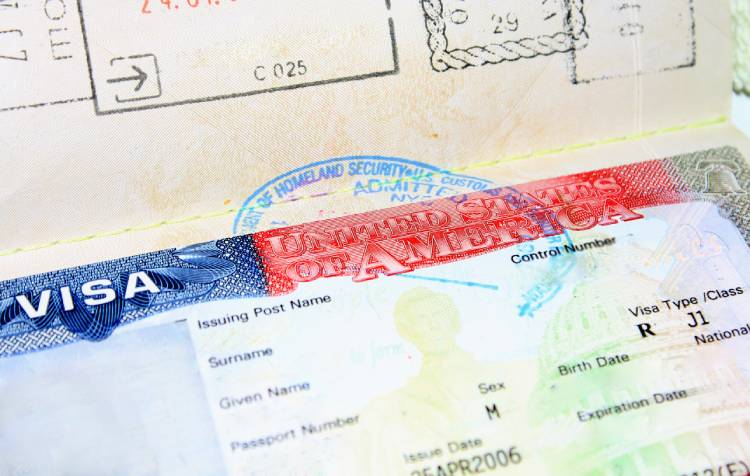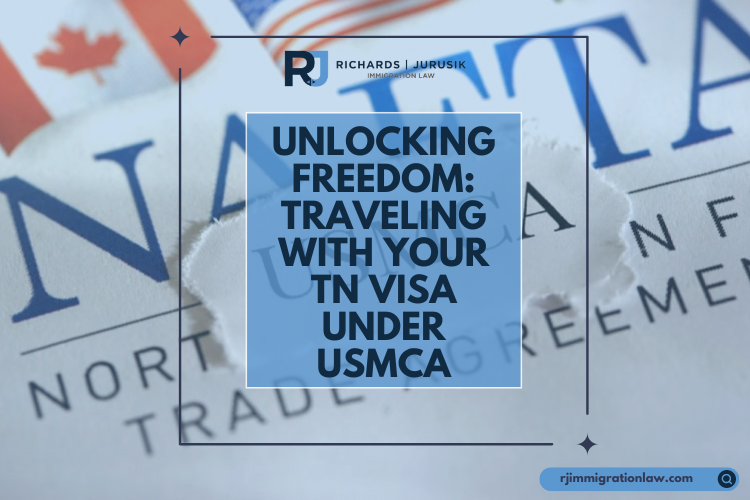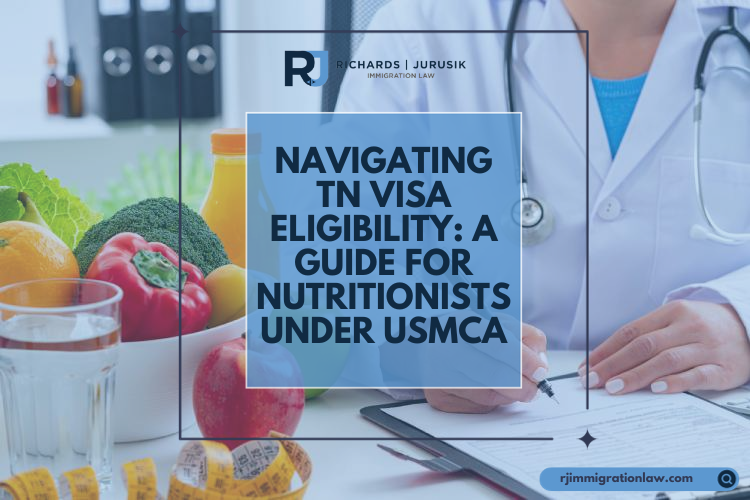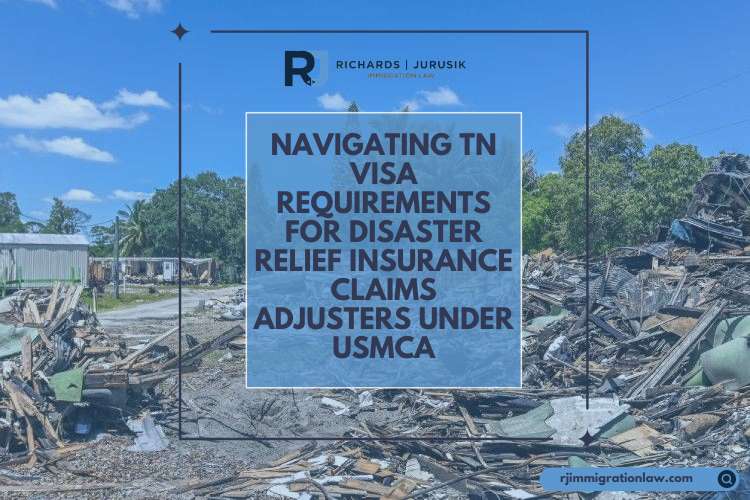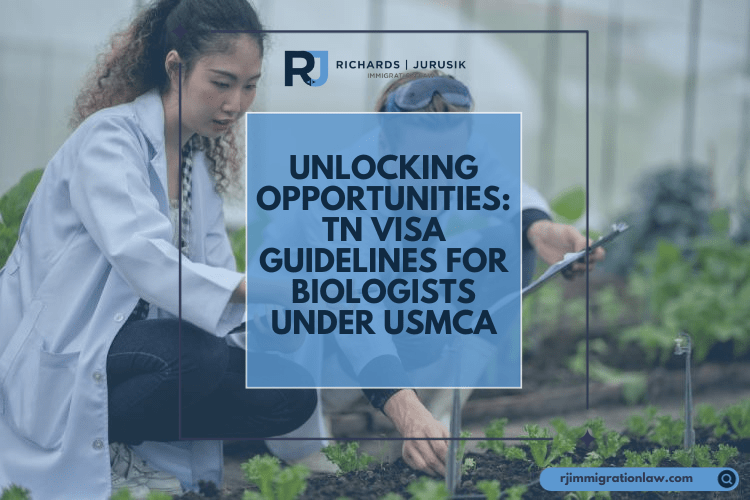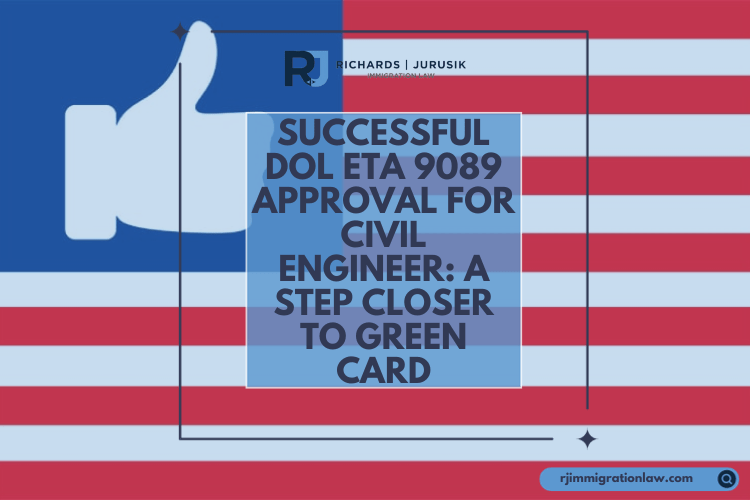The J-1 visa allows foreign nationals to enter the United States to engage in specific exchange visitor programs. These programs cover various fields, from education and research to cultural exchange. Under INA 212(e), certain J-1 exchange visitors are subject to a two-year home residency requirement, meaning upon completion of their J-1 program, they must return to their country of citizenship or country of last permanent residence before obtaining an H or L visa, applying for an immigrant visa or adjusting status, or requesting a change of status to another visa classification.
Understanding the J-1 Visa Waiver
Many J-1 visa holders want to remain in the U.S. beyond their program, which is where the J-1 foreign residency requirement waiver comes into play. Usually, J-1 visa holders can apply for a two-year home country residency requirement waiver.
J-1 Foreign Residency Waiver Categories
Four (4) J-1 foreign residency waiver categories exist, each with specific eligibility criteria and application process. The categories include:
- No Objection Statement: In this category, the foreign national’s home country can issue a statement confirming that the government has no objection to the J-1 visa holder staying in the U.S. It is often used by exchange visitors with government funding. International Medical Graduates cannot use this.
- Exceptional Hardship: If returning to the home country would impose exceptional hardship on a J-1 visa holder’s U.S. citizen or lawful permanent residence spouse or child, the U.S. government may waive the home residency requirement based on exceptional hardship. The applicant must provide evidence of the hardship faced if they were separated from their U.S. citizen or lawful permanent residence spouse or child and the hardship faced if the U.S. citizen or lawful permanent residence spouse or child returned with the J-1 visa holder to their home country.
- Persecution: If returning to the J-1 visa holder’s home country would subject the applicant to persecution, they may be eligible for a waiver under this category. This is a more subjective category, and applicants must provide evidence of the persecution they will face.
- Interested U.S. Government Agency: A J-1 visa holder could obtain a waiver through the request of an Interested U.S. Federal Government Agency or a designated State Public Health Department or its equivalent, also known as the Conrad State 30 Program. Individuals in healthcare, scientific research, and education typically use this category. The Conrad State 30 Program allows J-1 medical doctors to apply for a home country residency requirement waiver.
The Application Process
Understanding the J-1 foreign residency requirement and potential waiver options is vital if you consider extending your stay in the United States. Each category has its own set of rules and requirements. The application process for a J-1 foreign residency requirement waiver can be complex and time-consuming. It’s essential to carefully review the requirements for your chosen category and gather all necessary documentation.
Subscribe to Our Resources Blog
Schedule a Consultation with an Immigration Lawyer
We Can Help!
You may have questions regarding U.S. immigration laws and visas. We invite you to contact our team at Richards and Jurusik for detailed guidance and assistance. We aim to provide the most accurate and up-to-date information to make your immigration process smoother and less stressful. The immigration lawyers at Richards and Jurusik have decades of experience helping people to work and live in the United States. Read some of our hundreds of 5-star client reviews! Contact us today to assess your legal situation.

